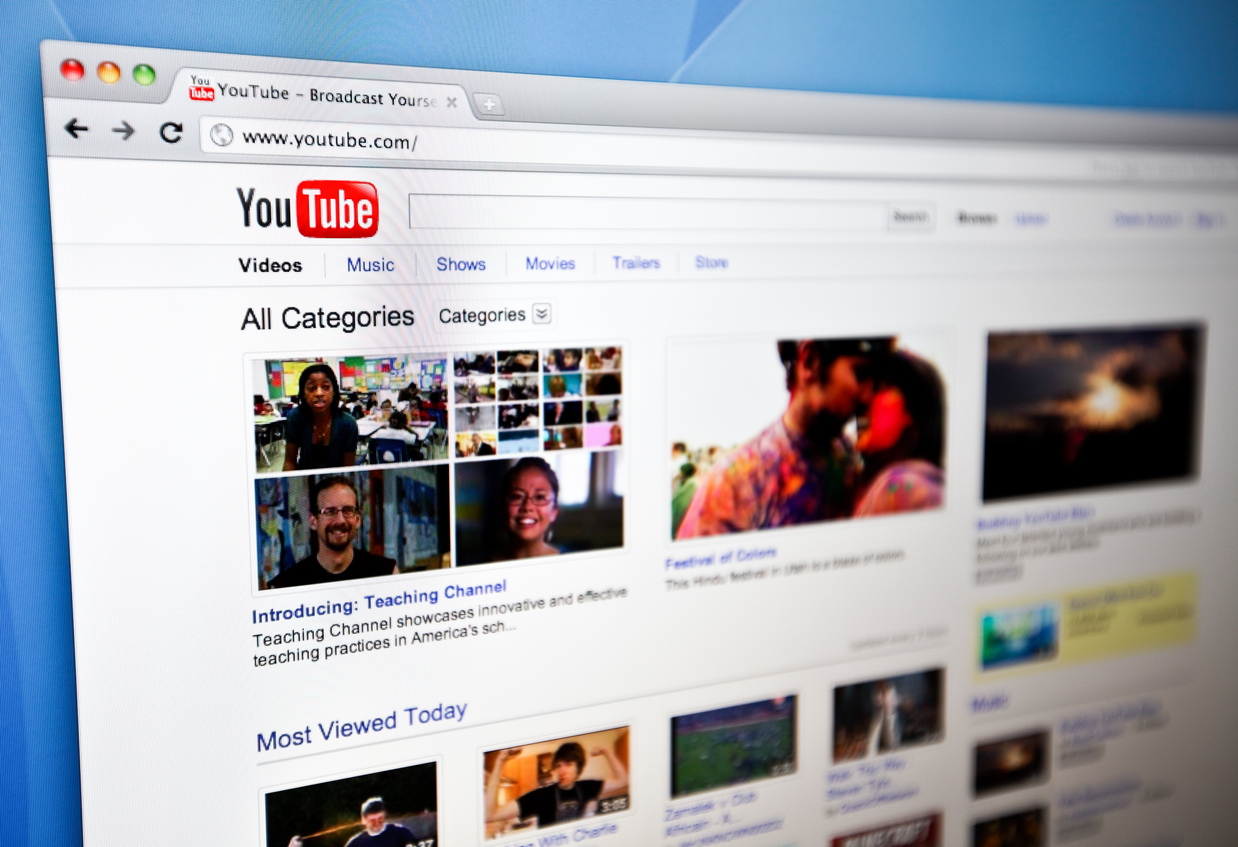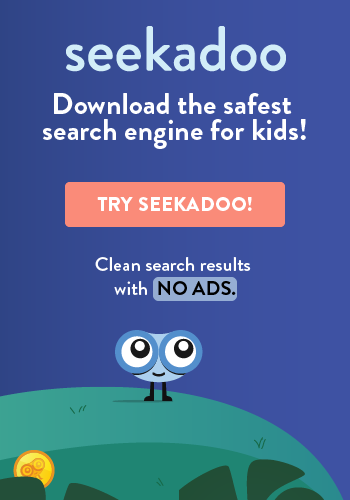
Social media has a hold on us. Not many of us can resist the urge to check our phones for the latest post, especially when we hear that notification “ding” from one of our social media accounts. There’s a good reason for that, and it’s not just a taste for gossip. It’s dopamine, a neurotransmitter responsible for pleasure and reward in our brains.
When a social media notification sounds, a dopamine-induced loop is created. Your brain expects a reward for attending to the notification and releases dopamine, creating a feel-good state. This is the same neurotransmitter involved with experiences we find pleasurable, such as eating, exercise, and social interaction. Social media platforms have been engineered to exploit this chemical reaction. It’s all part of an effort to increase engagement with their products.
That “ding” serves as a cue that something rewarding is waiting for us—perhaps a message from a loved one or a “like” on a post—triggering a release of dopamine. We check our phones, see the notification, and feel rewarded, reinforcing the behavior. This also plays into our innate desire for social validation, the same biological drive that influences us to maintain strong social bonds.
Research has shown this cycle to be self-perpetuating: the more we check our phones and find rewarding content, like social media alerts, the more we feel compelled to check again in the future. The uncertainty involved—will we have a new notification? what will it be?—also amplifies this effect. It’s akin to a gambler pulling the lever on a slot machine, unsure of what the outcome will be but enticed by the possibility of a reward.
However, it’s important to note that while these dopamine releases can produce positive feelings in the short term, they can lead to issues over time. Regularly giving in to the pull of social media notifications can condition our brains to crave this kind of stimulation, potentially contributing to addictive behaviors. Moreover, constantly seeking out these rewards can actually deplete our ability to feel satisfaction, requiring more and more stimulation to produce the same level of enjoyment. In drug-abuse terms, that’s the ol’ tolerance problem.
So be aware of that. Dopamine isn’t going away anytime soon, nor is social media. Understanding their relationship can help you make more informed decisions about how you—and, importantly, your kids—use social media. And hey, maybe turn off notifications “dings.”







